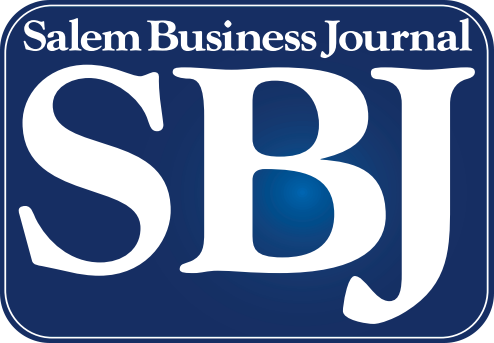Decision 2024: Salem’s Economic future at the Forefront of City Elections

Last summer, by a vote of 5 to 4, the Mayor and City Council approved a payroll tax on Salem workers. The proponents of the tax argued that the city needed more revenue to cover increased city spending. The tax would have cost the average worker $500 per year. Knowing it would likely be defeated at the ballot box, the Mayor and Council defeated an effort by Councilor Julie Hoy to send the tax to a vote.
They were right. Eighty-two percent of voters went on to reject the tax after significant backlash from the business community and grassroots organizers that led to a successful signature gathering effort to put the issue on the ballot. This payroll tax has since become a focal point in the current election cycle, with candidates being evaluated based on their stance on the payroll tax and broader economic policies.
There have been reports of digital advertisements opposing candidates who supported the payroll tax around Salem. Voters can expect messaging on both sides of this issue to only ramp up from here through May 21st.
A group of candidates, namely Celine Coleman (Ward 1), Shane Matthews (Ward 3), Michael Hoselton (Ward 5), and City Councilor Julie Hoy (candidate for Mayor), have been vocal in their opposition to the payroll tax. Their stance has resonated with the business community, which views the tax as just another hindrance to economic growth and job creation in Salem. These candidates argue for alternative solutions to the city’s financial challenges that do not place additional burdens on workers and businesses–for instance cutting nonessential programs. Councilor Julie Hoy was one of the votes in opposition to the tax on the City Council while the other three candidates are all running for City Council for the first time.
In contrast, candidates Paul Tigan (Ward 1), Nathan Soltz (Ward 3), Dr. Irvin Brown (Ward 5), and Mayor Chris Hoy (no relation to Julie Hoy), who contends the tax is necessary to fill the gap in Salem’s budget, was even the deciding vote. Tigan and Dr. Brown organized the November 2023 campaign to pass the tax on the ballot, and Soltz publicly said he supported the tax at a campaign forum earlier this year.
Councilor Vanessa Nordyke is running unopposed for re-election to Ward 7. She was one of the votes in opposition to the payroll tax on the City Council.
This upcoming election presents Salem voters with distinct choices regarding the city’s economic direction. The debate over the payroll tax has underscored deeper questions about how Salem should balance the needs of its business community and workers with the imperative to fund social services.
As the candidates continue to present their visions for Salem, the business community and voters alike are weighing the implications of these visions for the city’s economic health and quality of life. The outcome of these races will undoubtedly shape Salem’s approach to economic development and taxation for years to come.
Ballots will be mailed to voters for this election starting on May 1st. They must be postmarked or dropped off at an official ballot dropbox before 8 PM on Tuesday, May 21st.





